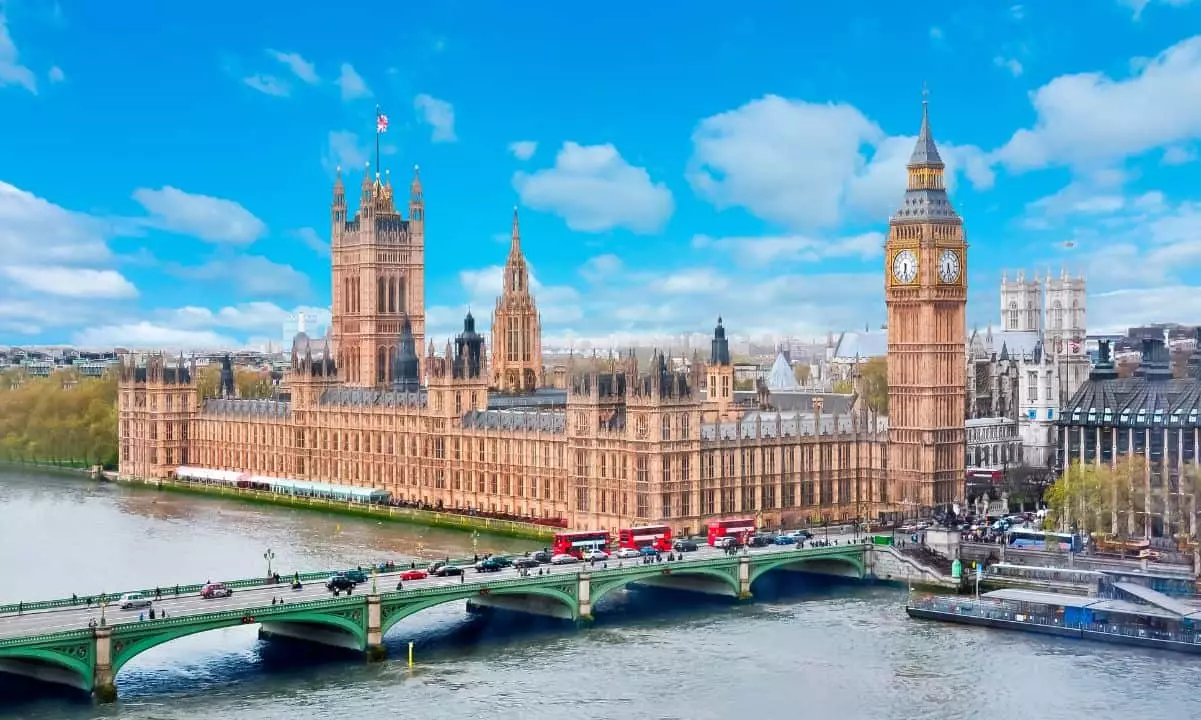In response to the escalating competition from global markets, the British government is taking significant steps to regulate stablecoins and crypto staking. This move occurs amid a backdrop of bold ambitions from the United States, particularly following the election of President Donald Trump. Trump’s administration has set its sights on transforming the U.S. into a preeminent hub for cryptocurrency, creating a sense of urgency in the UK as it strives to attract and maintain businesses in the digital asset sector.
According to recent reports, the UK Treasury is currently drafting legislation specifically aimed at stablecoins, alongside provisions that would allow crypto providers to operate staking services without being absorbed into existing financial regulatory frameworks. The Financial Conduct Authority (FCA) will soon engage industry stakeholders to formulate rules that govern the stablecoin market, signifying a proactive approach to creating an inclusive regulatory environment.
Importantly, the reclassification of staking services is designed to prevent these offerings from being treated as collective investment schemes, which would entail stricter oversight and regulatory hurdles for operators. As the UK navigates these legislative waters, there is a palpable fear among British policymakers that the delay in regulation could drive crypto startups to jurisdictions with more appealing regulatory climates.
The electoral success of Donald Trump has invigorated the U.S. crypto market, with the President-elect promising transformative changes that include the dismantling of existing regulatory frameworks that are perceived as stifling innovation. Among his pledges is the establishment of a Bitcoin reserve and making the U.S. a central figure in Bitcoin mining—a clear signal that the American market aims to expand significantly in upcoming years.
Industry leaders, consulted by Trump’s transition team, are likely to weigh in on policies that could redefine how cryptocurrencies operate within the U.S. financial system. Consequently, the implications of Trump’s plans could place additional pressure on the UK to expedite its own regulatory mechanisms to ensure it remains a destination of choice for digital businesses.
Experts in the cryptocurrency sector, including Laura Navaratnam, the UK policy lead at the Crypto Council for Innovation, have articulated concerns about the UK’s perception of being behind the curve in crypto regulation. She notes that while the UK still possesses the potential for a second-mover advantage in attracting crypto businesses, rapid mobilization and decisive action are essential. This perspective underscores the importance of timely and transparent regulatory frameworks in fostering an environment where innovation can thrive.
The challenges faced by the UK also reflect broader trends in the global market, where agile regulatory responses to the fast-evolving crypto landscape can significantly shape a country’s attractiveness to digital asset firms. The urgency to enact new legislation is palpable, reflecting an understanding that a sluggish response could result in lost opportunities and talent migrating towards more progressive jurisdictions.
As the FCA prepares to unveil a comprehensive timeline for stablecoin regulation, stakeholders will be keenly observing how the proposed phased approach unfolds. Early consultations are expected to lay the groundwork for subsequent regulatory measures that encompass other facets of the crypto market. Moreover, developments within the digital securities sandbox—an experimental environment managed jointly by the FCA and the Bank of England—will provide real-time insights into the practical applications and implications of new regulations.
The UK’s newfound focus on regulatory clarity regarding stablecoins and cryptocurrencies has been a long time coming, especially following earlier plans under former Prime Minister Rishi Sunak, which faced delays due to shifting political dynamics. With a renewed emphasis on establishing a robust framework in 2024, the UK now has an opportunity to realign its ambitions with those of other leading markets, while remaining steadfast in its commitment to innovation and economic growth.
As the global cryptocurrency landscape becomes increasingly competitive, particularly with the assertive stance taken by the U.S., the UK finds itself at a critical juncture. The introduction of new legislation targeting stablecoins and staking could ultimately drum up investor confidence and position the country favorably in the digital economy. However, whether these changes can be implemented swiftly and effectively will determine the UK’s ability to retain its status as a leading player in the rapidly evolving world of cryptocurrency.














Leave a Reply